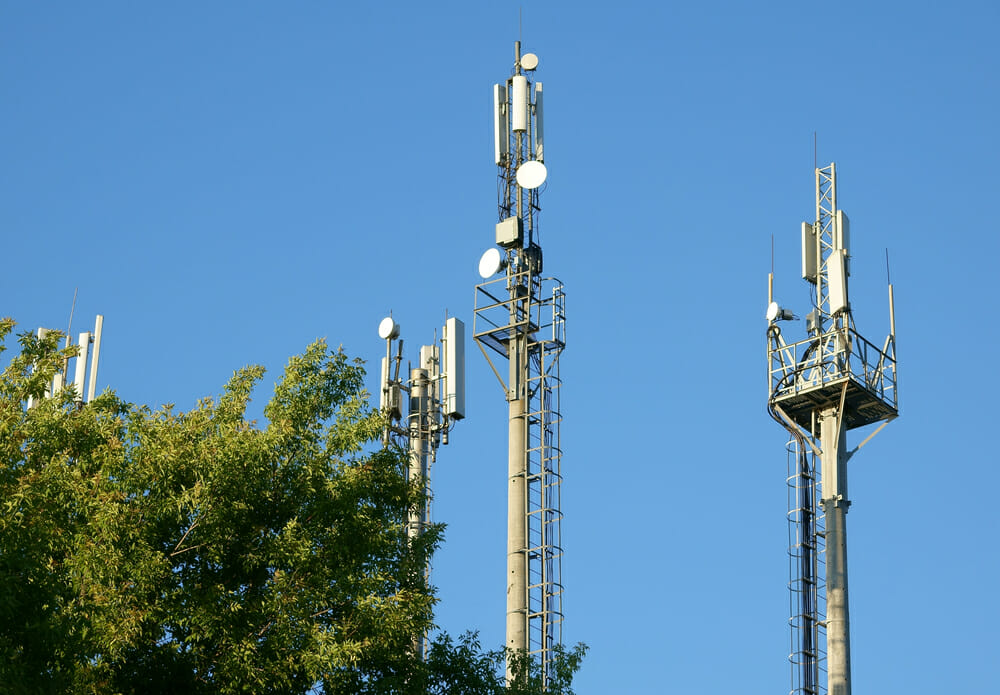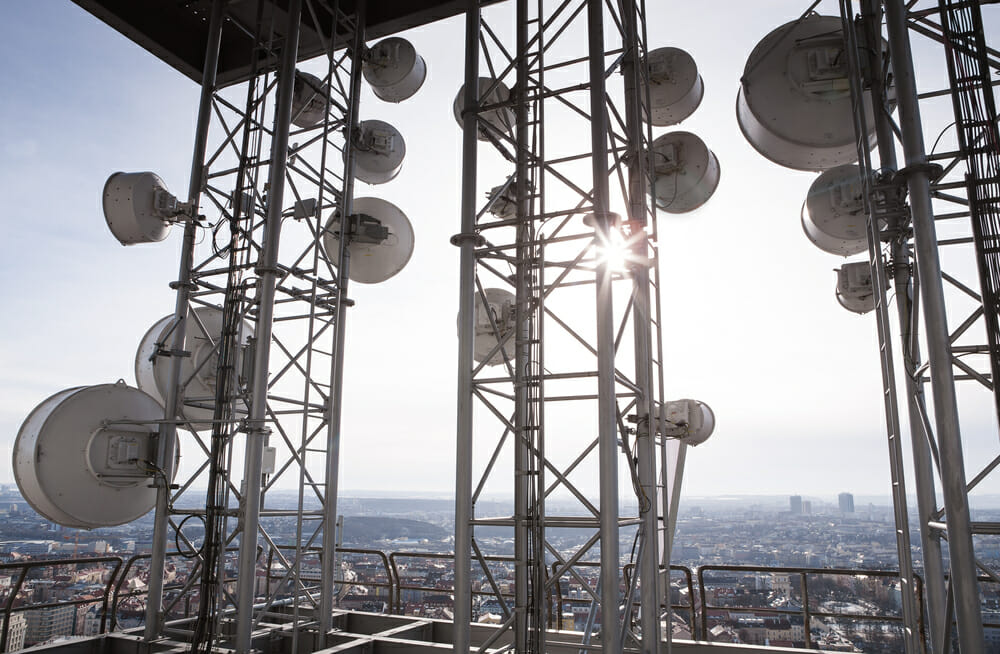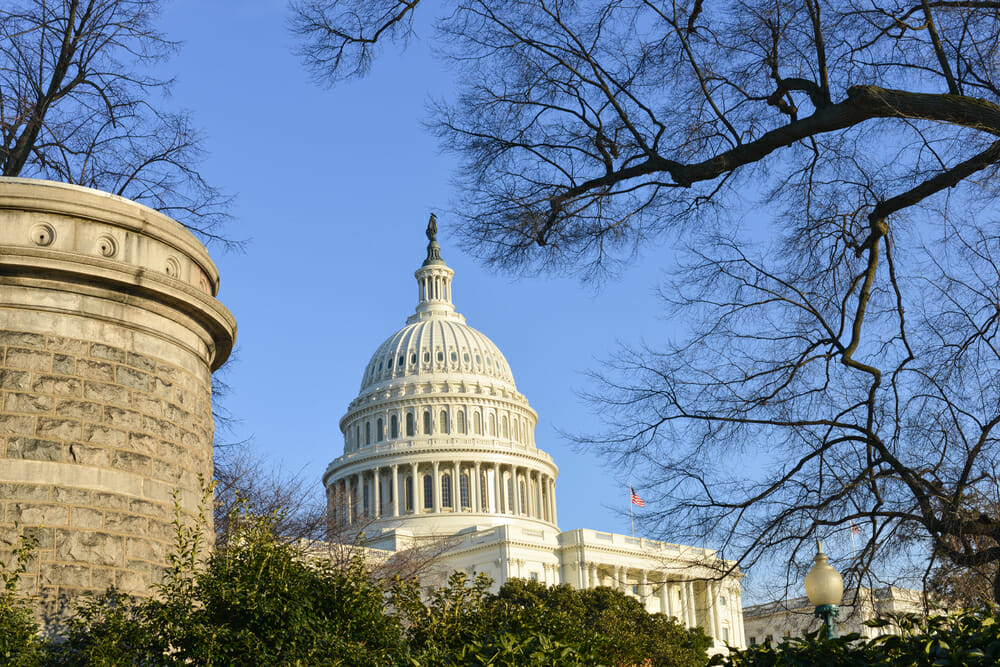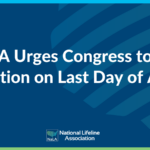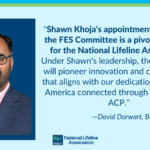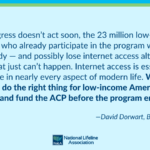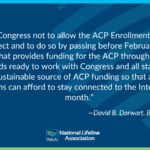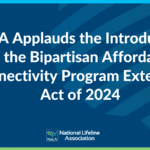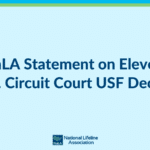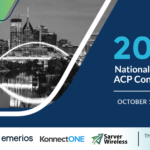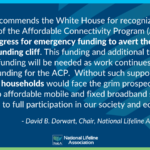February 20, 2018 — Sprint expresses concerns with the FCC’s recent proposals concerning a Lifeline wireless reseller ban, which would prohibit wireless resellers from serving low income households as Service Providers through the Lifeline Program. The Notice on Proposed Rulemaking (NPRM), an initiative from the FCC’s November 2017 Open Meeting that included various Lifeline Program initiatives, such as banning wireless resellers from providing Lifeline service.
Sprint says Lifeline Wireless Reseller Ban Could Affect 6.1 Million
Sprint, a facilities-based provider, has echoed the concerns of various non-facilities-based providers on the recent FCC proposals found in the NPRM. They oppose the Lifeline wireless reseller ban that the FCC is pursuing, and state that the “elimination of resellers from the Lifeline program would be disruptive to current and potential Lifeline customers. The majority of Lifeline customers obtain service from resellers, which had an estimated 6.1 million customers as of December 2017.”
Consequences of FCC Lifeline Wireless Reseller Ban
The letter from Sprint highlights many concerns for Lifeline Participants that rely on the program to assist them in accessing essential communication services. They noted that the Lifeline wireless reseller ban would result in a “a sharp reduction in the number of wireless service providers offering Lifeline service; in some areas, there may remain only a single facilities-based wireless Lifeline service provider, and in other areas, there may be no facilities-based wireless Lifeline service provider at all.” Sprint adds that “users [Lifeline Participants] will not realize they need to obtain service from a facilities-based carrier, some will not know how to transfer their service, some will not provide required documentation in a timely manner. Some customers will successfully transfer to a facilities-based carrier, but some will lose service altogether.”
Read Sprint’s Letter to FCC
[pdf-embedder url=”https://www.nalalifeline.org/wp-content/uploads/2018/02/Sprint-LL-comments.pdf”]
Postponing of Lifeline Program Eligibility Verifier (National Verifier)
In addition to concerns about the ban of wireless resellers in Lifeline, Sprint also asserts in the letter to the FCC that the National Verifier is a crucial part of reducing waste, fraud, and abuse within the program – and should be the most important focus of the Commission at this time.
The recent postponing of the National Verifier launch has created concern that the Commission’s actions do not support it’s stated goals about strengthening the Lifeline Program eligibility verification processes.
“Getting the deployment timeline back on track is the surest way for the Commission to advance the common goal of ensuring Lifeline program integrity,” Sprint states in their letter to the FCC. Sprint, TracFone and other Telecommunication companies are in agreement that efforts are best focused on the National Verifier, prior to making any drastic changes to the program, which helps nearly 11 million low-income Americans access phone and internet services.
About NaLA:
The National Lifeline Association is the only industry trade group specifically focused on the Lifeline segment of telecommunications. We support the 4 essential components of Lifeline: ETCs & Providers, Distributors, Lifeline Supporters & Participants, and Government & Regulatory Bodies. We are passionate about the continuity and advancement of the Lifeline program and we drive this vision through our mission to “support providers, distributors, participants, and supporters of lifeline through education, cooperation, and advocacy.”

